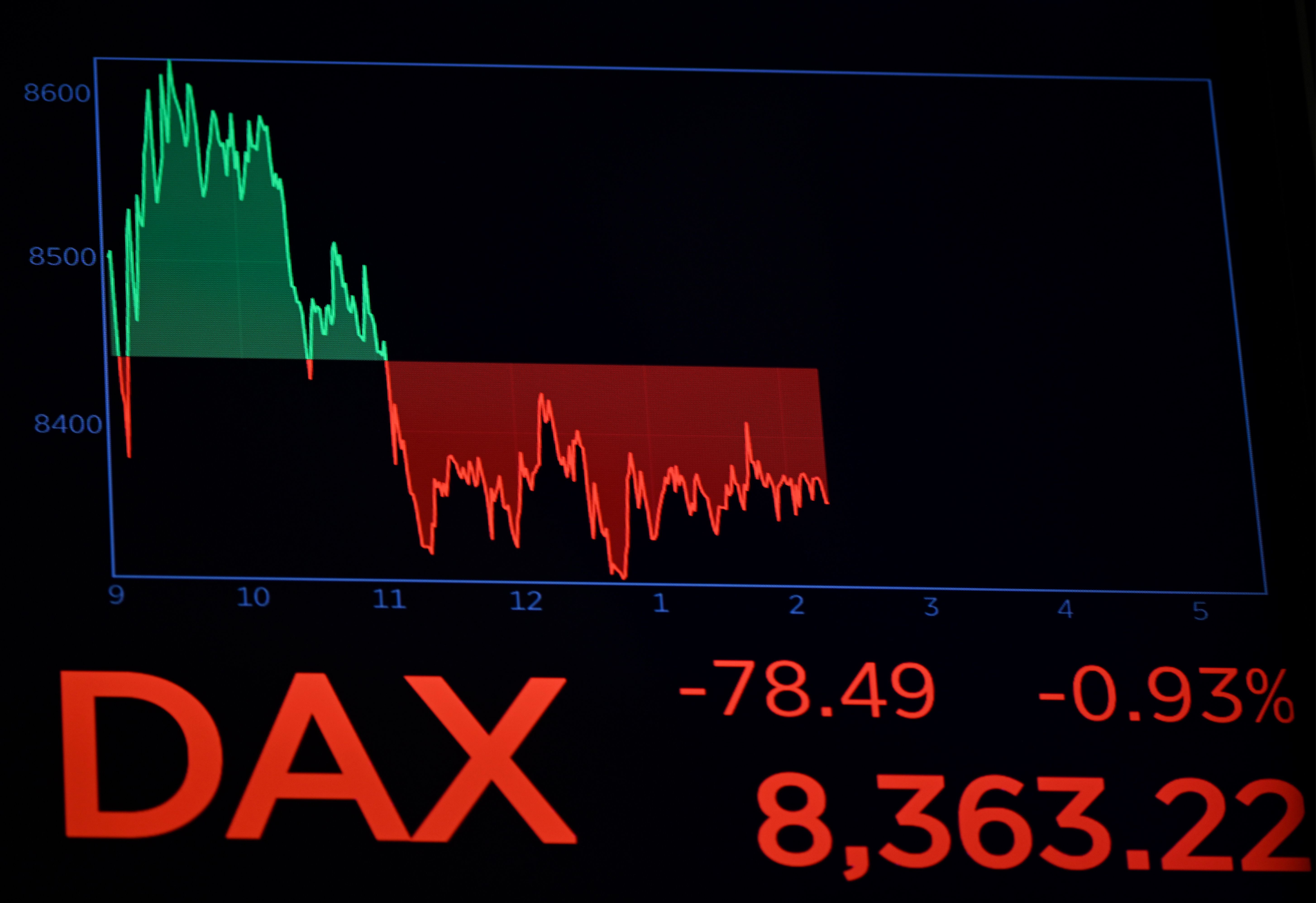Virus wrecks early retirement dreams
And more of the week's best business insights

A free daily email with the biggest news stories of the day – and the best features from TheWeek.com
You are now subscribed
Your newsletter sign-up was successful
Here are three of the week's top pieces of financial insight, gathered from around the web:
Ripping off Instacart shoppers
Some customers are using Instacart's tipping system for a cruel bait and switch, said Sara Ashley O'Brien and Kaya Yurieff at CNN. Before accepting a work order, an Instacart shopper "can see the items requested, the store location, the payment Instacart provides for the job, and the tip being offered." With the service facing enormous demand, clients are "offering big tips, as high as $50 or more, to entice Instacart workers to pick up their orders." However, the service also allows customers to change their tips for up to three days after an order is delivered, and some people are slashing their promised tips to little or nothing. One shopper saw a $55 tip cut down to zero; another said her tip was taken away by a customer who claimed it was "unethical" she couldn't find toilet paper.
The Week
Escape your echo chamber. Get the facts behind the news, plus analysis from multiple perspectives.

Sign up for The Week's Free Newsletters
From our morning news briefing to a weekly Good News Newsletter, get the best of The Week delivered directly to your inbox.
From our morning news briefing to a weekly Good News Newsletter, get the best of The Week delivered directly to your inbox.
Virus wrecks retirement dream
Will the coronavirus kill the FIRE movement? asked Steven Kurutz at The New York Times. The idea behind "financial independence, retire early," was born during the 11-year bull market run, when "professionals in their 30s and 40s were saving up million-dollar nest eggs and quitting their jobs in the prime of life to live off investments." But the global pandemic has upended many plans. One couple in their 30s who retired in 2015 recently "watched their investment portfolio drop by six figures in one day." But they'd had a few years to cushion their investments. Eric Richard, a 30-year-old who quit his job less than a year ago, was planning to live in Bali "for less than $800 a month." Now he's back at his parents' house in Michigan.
Some businesses still resist closing
The definition of an "essential" business can be vague, said Polly Mosendz and Anders Melin at Bloomberg Businessweek, and some companies are taking advantage. The owner of Leslie's Poolmart tried to persuade authorities in New Jersey that "swimming pools that aren't properly cared for can be health hazards." Craft-supply chains Hobby Lobby and Joann Fabrics "have maintained they're essential because they sell materials for makeshift face masks," while GameStop resisted closure orders "by contending that some of its products, including keyboards, are necessary for people working from home." Labor lawyers say that "anyone required to be on the job has the right to demand, and should be given, protective gear" but it's not clear how — or whether — regulators will enforce that.
A free daily email with the biggest news stories of the day – and the best features from TheWeek.com
This article was first published in the latest issue of The Week magazine. If you want to read more like it, try the magazine for a month here.
-
 The Olympic timekeepers keeping the Games on track
The Olympic timekeepers keeping the Games on trackUnder the Radar Swiss watchmaking giant Omega has been at the finish line of every Olympic Games for nearly 100 years
-
 Will increasing tensions with Iran boil over into war?
Will increasing tensions with Iran boil over into war?Today’s Big Question President Donald Trump has recently been threatening the country
-
 Corruption: The spy sheikh and the president
Corruption: The spy sheikh and the presidentFeature Trump is at the center of another scandal